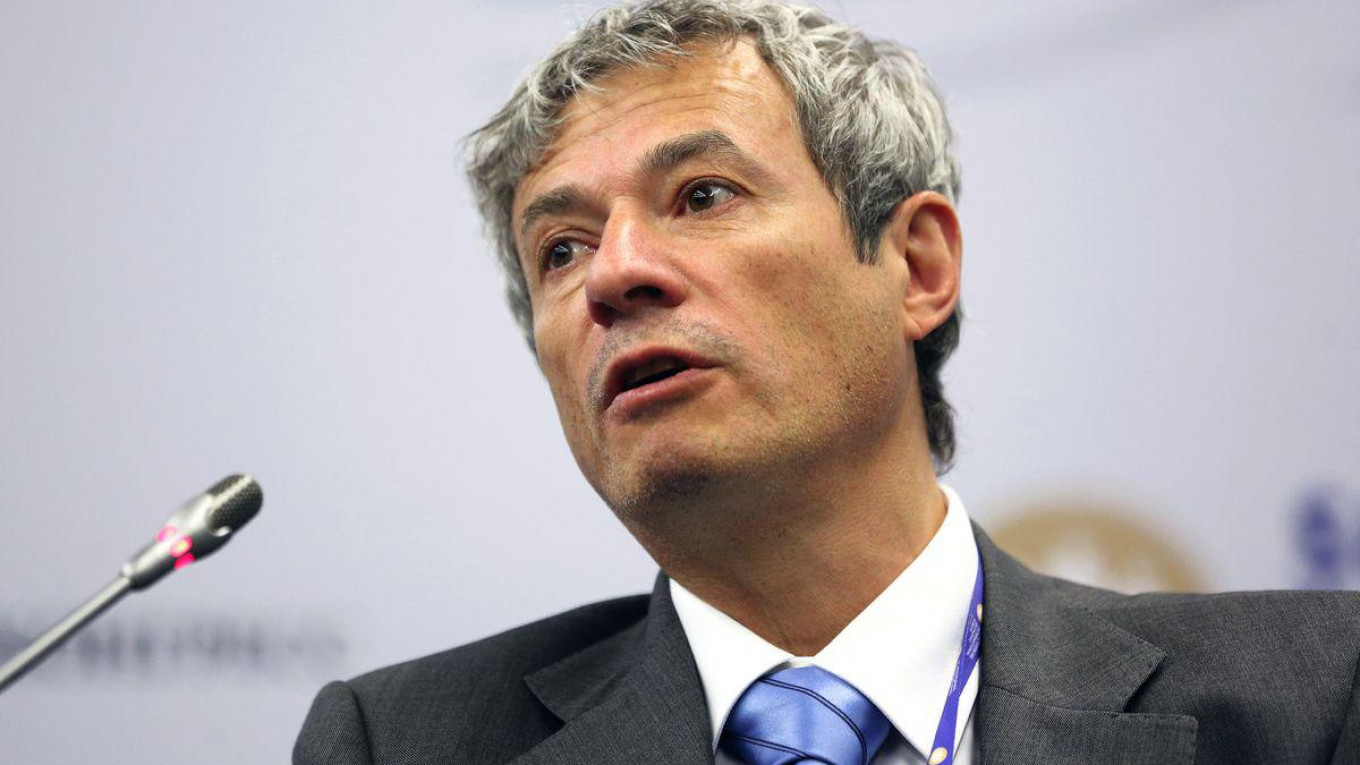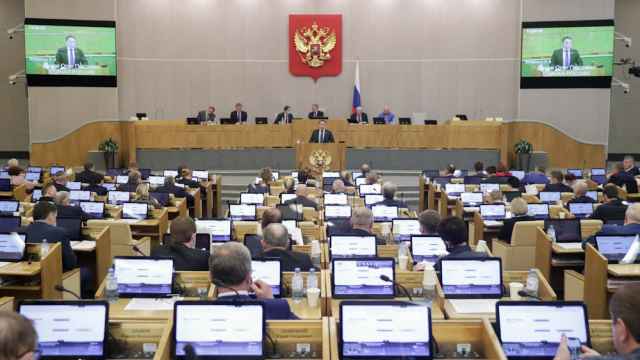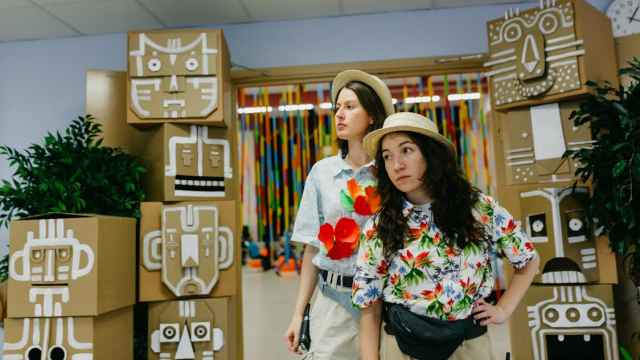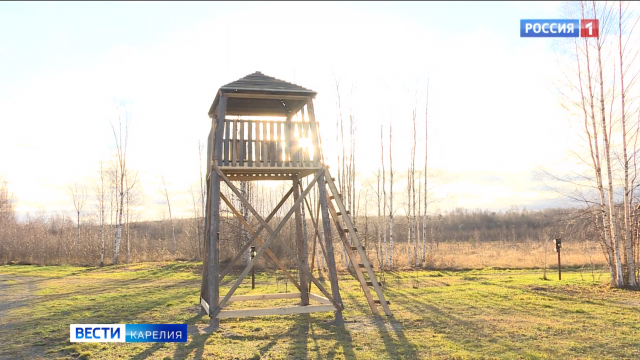(Bloomberg) — As part of a push to get more Russian business leaders involved in education, President Vladimir Putin sat down with some of the country’s most gifted pupils for a televised chat about the value of life, love and learning.
They gathered at Sirius, an educational center Putin established in Sochi after the 2014 Winter Olympics with backing from multiple billionaires. Promoted by the Kremlin as a model for grooming talent, Sirius runs 600 exceptional students a month through intensive courses in everything from physics and coding to chess and ballet.
"The more intelligent and educated people are, the less aggressive they are," Putin, a self-confessed street thug in his youth, told the children last July.
Putin’s own aggression on the world stage has become an unexpected catalyst for an investment boom in Russian education. As U.S. and European leaders continue to work to isolate Russia over alleged election meddling and the conflict in Ukraine, a growing number of tycoons are pulling their children out of western schools and putting money into private projects that will aid Putin’s attempts to reverse a decline in national academic rankings.
Since Russia annexed Crimea from Ukraine a month after the Sochi Olympics, more than 30 billionaires and senior executives with investments abroad have founded or helped fund projects to nurture students at home. The outlays coincide with a halving in the number of new Russian enrollments at boarding schools in Britain, long the educational destination of choice for the country’s elite, to 608 last year, according to the U.K. Independent Schools Council.
Herman Gref, head of state savings bank Sberbank, opened a school called Horoshkola with his wife Yana in Moscow in September, joining billionaire Suleyman Kerimov’s Zarechenskaya Shkola and transport tycoon Nikita Mishin’s Novaya Shkola. But none of the 135 private schools that have popped up since 2014 can compare with Ros Agro Plc founder Vadim Moshkovich’s $200 million Letovo project, which includes a state-of-the-art facility on the edge of Moscow that opens this fall.
Moshkovich, who sent his two oldest children to Stanford University, said what makes his school unique, apart from the price tag, is that rich people like himself can’t buy a kid’s way in. Even his youngest son won’t be admitted unless he passes the blindly graded entrance exam like everyone else, he said.
"I’m not building a school for children of officials or sanctioned businessmen or oligarchs from Rublyovka,‘ Moshkovich said in an interview, referring to one of Moscow’s poshest districts. ’Education is the key driver in the modern world and I want Russia to be competitive. This is for soul and country."
The first nation in space has fallen behind relative newcomers in math and science, mainly from Asia. A top six finisher in the pre-college International Mathematical Olympiad every year until 2015, Russia tumbled to a worst-ever 11th last year, behind upstarts like Vietnam, Iran and Thailand. On a broader level, Russia is middling, ranking 32nd out of the 72 countries in the PISA exam of 15-year-olds, far behind Estonia, a fellow former Soviet republic.
The World Bank warned in November that low government spending on education and health in Russia "may jeopardize both economic growth and the well-being of the population.’’ Russia spends about 3.6 percent of economic output on each category, compared with 4.9 percent and 7.2 percent, respectively, in the European Union, the Washington-based lender said.
Retooling the educational system after communism’s failure remains a work in progress. Critics like Moshkovich, who got his graduate degree from the Moscow Institute of Radio, Electronics and Automatics, say low morale and chronic underfunding—even the best teachers can earn less than $250 a month—are just parts of the problem. They say state primary and secondary schools still rely too much on memorization and standardized testing and don’t do enough to encourage critical and creative thinking.
Moshkovich, 50, who made his fortune in sugar and pork, retired from the senate in 2014 to focus on education. He’s hoping the methods he’s developing at Letovo will stimulate reforms nationwide. His school will offer students both a Russian diploma and a certificate from International Baccalaureate, a Swiss non-profit with a curriculum it says ‘prepares students to succeed in a world where facts and fiction merge in the news.’
Letovo is modeled on the best international institutions in the world, with an expert council staffed by recruits from schools that understand the importance of atmosphere in learning like Winchester College in the U.K., Montgomery Bell in the U.S. and Raffles in Singapore, Moshkovich said.
His $80 million campus includes dormitories, tennis courts, a soccer field, a running track, a stream and an artificial lake rimmed by pine forest. The other $120 million is set aside in an endowment, most of which is already deposited in Sberbank and earning interest. Tuition will run about $20,000 a year, half of what a comparable British school charges, but parents who can’t afford the full amount will be eligible for grants on a sliding scale.
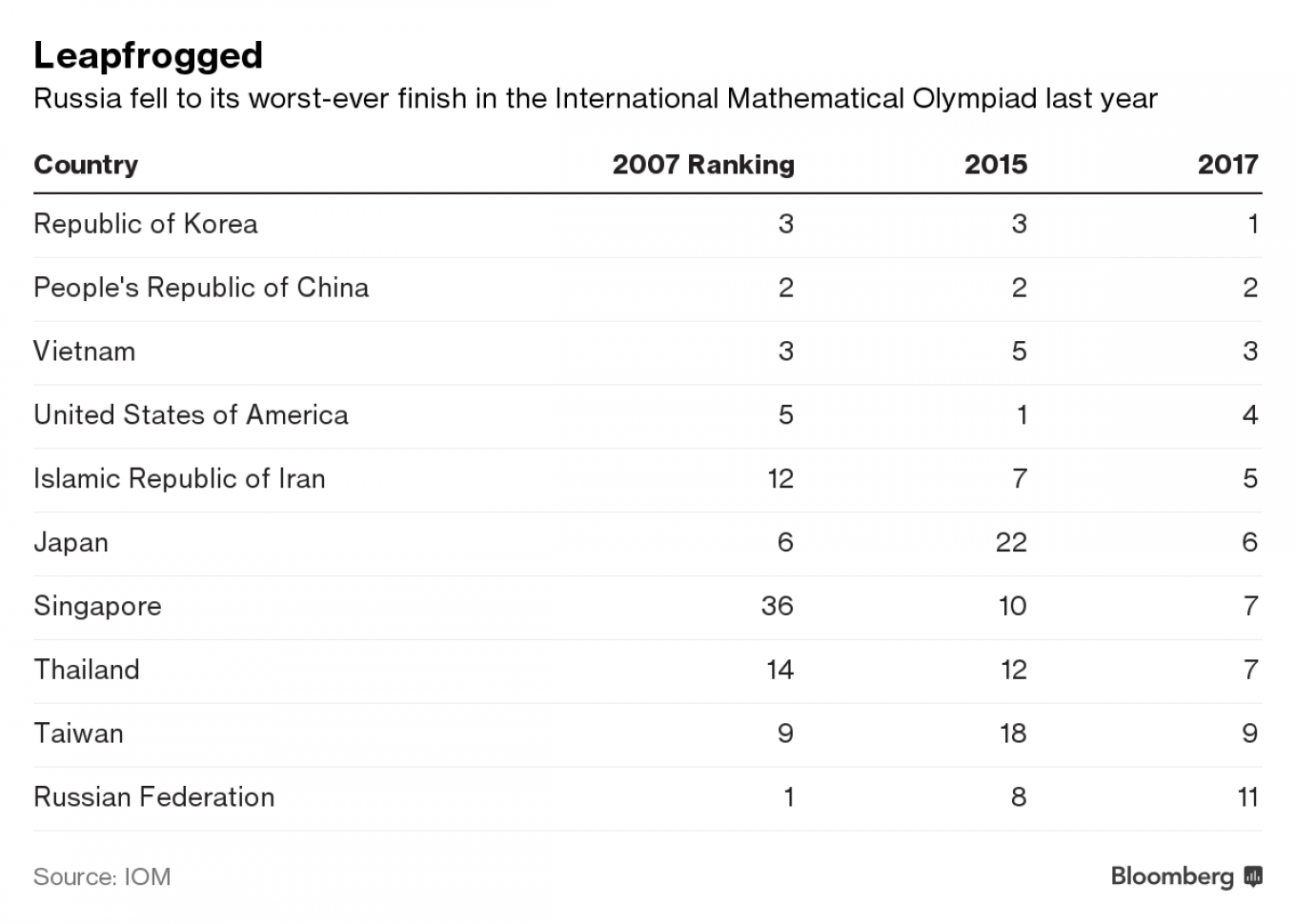
"There’s no other project like it in Russia,‘ said Valentin Shchukin, the founder of Albion, a company in Moscow that’s been helping Russians place their kids in British schools for two dozen years. Shchukin said Letovo may be a game-changer not only for his industry but for the Russian system as a whole.
Everyone who’s interested in education is watching very closely because its success may spur more investment, giving parents even more domestic schooling options, he said. Letovo is already taking applications for Sept. 1, when it will welcome 170 students in grades seven to nine.
Once fully operational in 2020, Moshkovich said 1,100 students in grades seven to 11 will be receiving instruction from 160 of the best educators money can buy, including 60 foreigners. ’I’ve already fulfilled my ambitions in business, I won’t be able to spend the money I’ve earned," the billionaire said.
‘My goal now is to provide Russian children with a world-class education.’
A Message from The Moscow Times:
Dear readers,
We are facing unprecedented challenges. Russia's Prosecutor General's Office has designated The Moscow Times as an "undesirable" organization, criminalizing our work and putting our staff at risk of prosecution. This follows our earlier unjust labeling as a "foreign agent."
These actions are direct attempts to silence independent journalism in Russia. The authorities claim our work "discredits the decisions of the Russian leadership." We see things differently: we strive to provide accurate, unbiased reporting on Russia.
We, the journalists of The Moscow Times, refuse to be silenced. But to continue our work, we need your help.
Your support, no matter how small, makes a world of difference. If you can, please support us monthly starting from just $2. It's quick to set up, and every contribution makes a significant impact.
By supporting The Moscow Times, you're defending open, independent journalism in the face of repression. Thank you for standing with us.
Remind me later.


